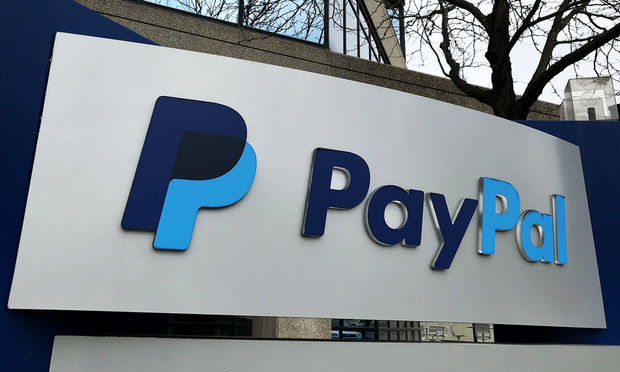- China Law News
- Dispute Resolution
- Intellectual Property
- Mergers and Acquisitions
- Technology Media and Telecom
In the News: PayPal Enters China; IP Theft Tops Risk Survey; and Arbitration Arrangement Takes Effect
October 07, 2019 | BY
Vincent ChowPayPal acquires controlling stake in Chinese payments company; Trade war, IP theft biggest worries for companies in China, survey finds; and Hong Kong-mainland arbitration interim measures arrangement takes effect
China approves first foreign digital payments company to enter market
PayPal will be the first foreign company to enter China's digital payment market after acquiring a majority stake in domestic payments firm Gopay. The People's Bank of China (PBOC), China's central bank, approved Gopay's sale of a 70% stake to PayPal which gives the popular U.S. digital money transfer platform access to various domestic payments licences. PayPal is the first foreign company to enter China's digital payment services market on the back of the PBOC opening up the market to foreign companies in March 2018, with the requirement that they have a payment business permit.
This premium content is reserved for
China Law & Practice Subscribers.
A Premium Subscription Provides:
- A database of over 3,000 essential documents including key PRC legislation translated into English
- A choice of newsletters to alert you to changes affecting your business including sector specific updates
- Premium access to the mobile optimized site for timely analysis that guides you through China's ever-changing business environment
Already a subscriber? Log In Now





